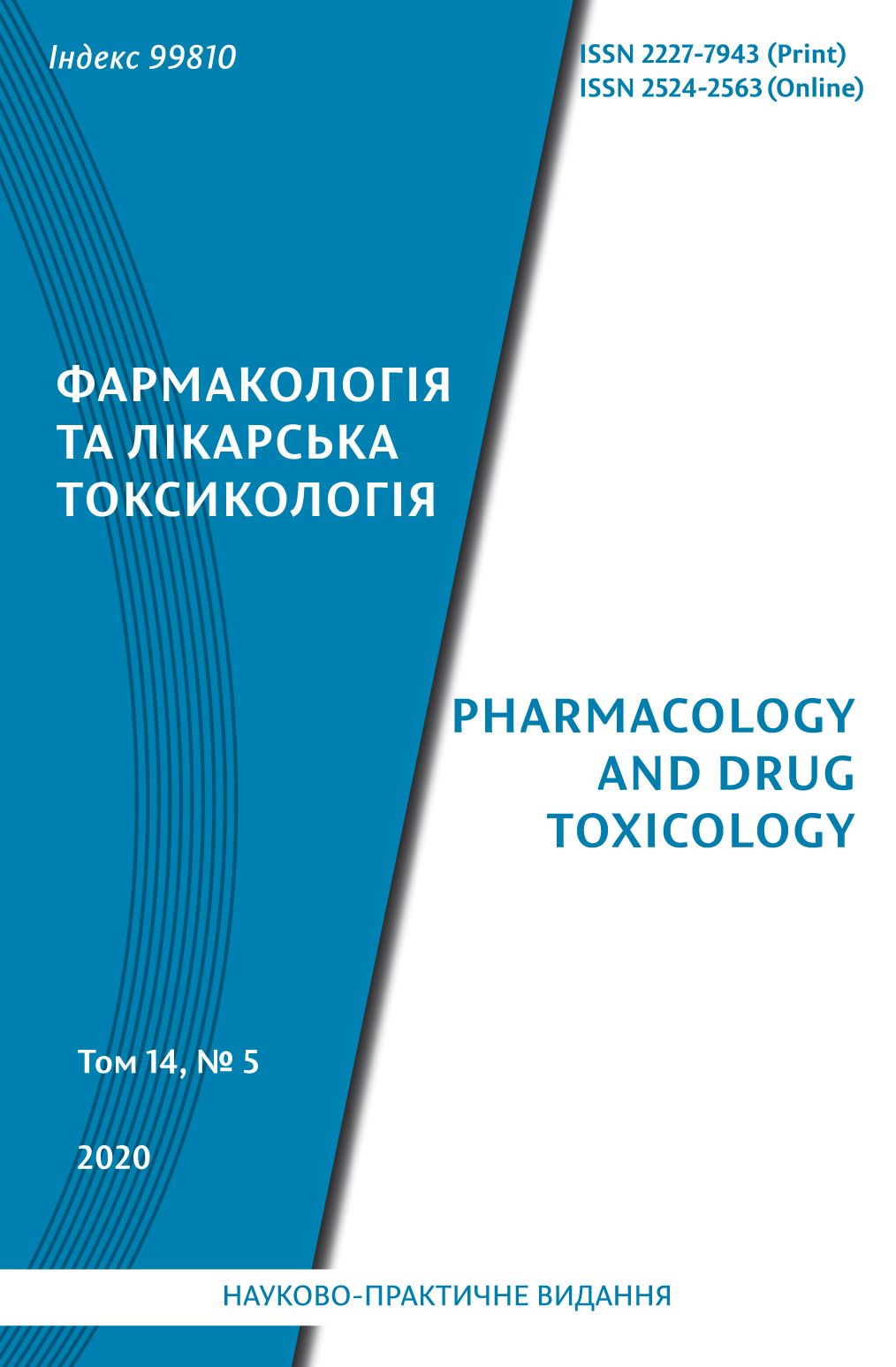Abstract
The aim of the study was to evaluate the effect of drugs of different pharmacological groups on the state of the intestinal microbial flora of rats on the background of isoniazid-rifampicin-induced enteral dysfunction in rats.
The study were carried out on 70 white Wistar male rats weighing 180–220 g. The experimental model of drug induced enteric dysfunction (ED) was reproduced by repeated intragastric administrations of isoniazid and rifampicin at a dose of 50 mg/kg and 86 mg/kg of body weight for 28 days. Animals were divided into 7 groups (n = 10). I – intact, II – control (ED). During this period, rats of the III–VII main groups once a day for an hour before the use of anti-TB drugs intragastrically during the last 14 days of the experiment were administered experimental drugs and their combinations: III – Yogurt, 1 CFU/kg (Yo) + Lactulose, 2680 mg/kg (Lac), IV – S-adenosyl-L-methionine, 35 mg/kg, intramuscularly (S-AM), V – ipidacrine hydrochloride/phenibut, 1/60 mg/kg (Ip / Ph), VI – Yo, 1 CFU/kg + Lac, 2680 mg/kg + S-AM, 35 mg/kg, VII – Yo, 1 CFU / kg + Lac, 2680 mg/kg + Ip/Ph, 1/60 mg/kg. Intact animals and positive control
rats received appropriate volumes of distilled water. The number of microorganisms in 1 g of feces was determined taking into account tinctorial, morphological, cultural properties, as well as the number of colonies that grew on the appropriate nutrient medium in terms of the amount of seed and the degree of its dilution.
The course of experimental isoniazid-rifampicin-induced injury of the digestive system caused significant changes in the balance of intestinal microorganisms, primarily in relation to the quantitative representation of Bifidobacterium spp., Lactobacillus spp. and E. coli. Administration of agents with
available pre- / probiotic activity, in particular, a complex of lactulose and microorganisms Lactobacillus spp. normalizes intestinal microbiome disorders. The use of both a fixed combination of ipidacrine hydrochloride/phenibut and S-adenosyl-L-methionine did not restore balance in the intestinal
microbiocenosis system of rats affected by anti-TB chemotherapy. Instead, co-administration of the yogurt/lactulose and S-adenosyl-L-methionine reveals a positive effect of pre/probiotic and hepatoprotector on intestinal microbiota disruption in the experiment.
The results of conducted researches substantiate the necessity of pre/probiotics use for the purpose of correction of intestinal microbiocenosis system under the conditions of anti-tuberculosis therapy.
